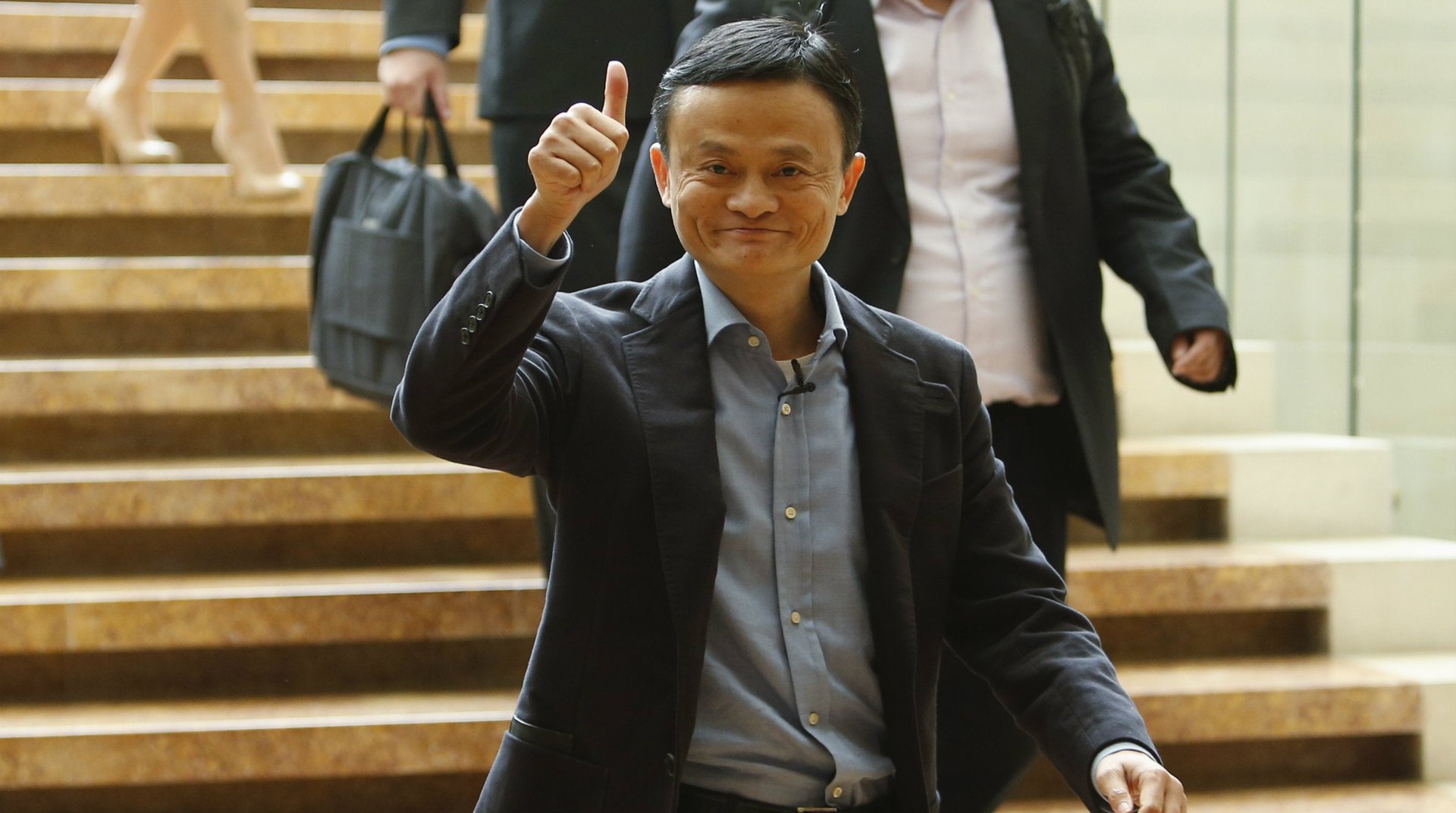Yes the Alibaba IPO is hot, but how loyal will the company’s new shareholders be?
The initial public offering of China’s mega internet company Alibaba, which starts trading tomorrow, has proven so popular that the company already has raised the maximum offering price of its stock.


The initial public offering of China’s mega internet company Alibaba, which starts trading tomorrow, has proven so popular that the company already has raised the maximum offering price of its stock.
But who, exactly, is behind all of this demand?
Alibaba’s initial investors will be predominantly short-term, momentum investors, according to several investment advisers and fund managers who have sized up the deal. “There are a lot of hedge funds getting large allocations” of stock, one investment manager tells Quartz. He estimates the company’s entire order book was covered by forty big long-only hedge funds.
The stock’s popularity with these investors will make Alibaba the largest tech stock IPO ever, but the attraction comes with some risk. When a stock starts to decline, momentum investors jump out, exacerbating the drop. It is still unclear whether there is much appetite for Alibaba’s stock among buy-and-hold investors like pension funds.
Despite the company’s surging profits, the general optimism about the future of China’s online retail market, and Jack Ma’s pledge that he is running the company for long-term growth, Alibaba’s structure remains a issue for may conservative fund managers, investors say.
That’s because like many Chinese companies that go public overseas, Alibaba is structured as a variable interest entity, or VIE. The Chinese government prohibits foreign investment in many sectors, including internet businesses, so foreign investors in one of these IPOs are essentially buying a share of the profits from a shell company established outside of China—in Alibaba’s case in the Caymen Islands. (Bloomberg has an excellent explainer on how VIEs work.)
A report (pdf) in June by the US-China Economic and Security Review Commission called VIEs a “complex and highly risky mechanism,” warning investors that many US legal experts think the structure is technically illegal under Chinese law, and that relying on Chinese courts to uphold investors rights, in contracts specifically designed to end-run Chinese regulation, is unwise.
Generally, hedge funds are looking for trading opportunities, not long-term stock investments, says Nick Davies, the area president of institutional investment services at fund consultant Arthur J. Gallagher. And that could make Alibaba’s stock price volatile for a while.